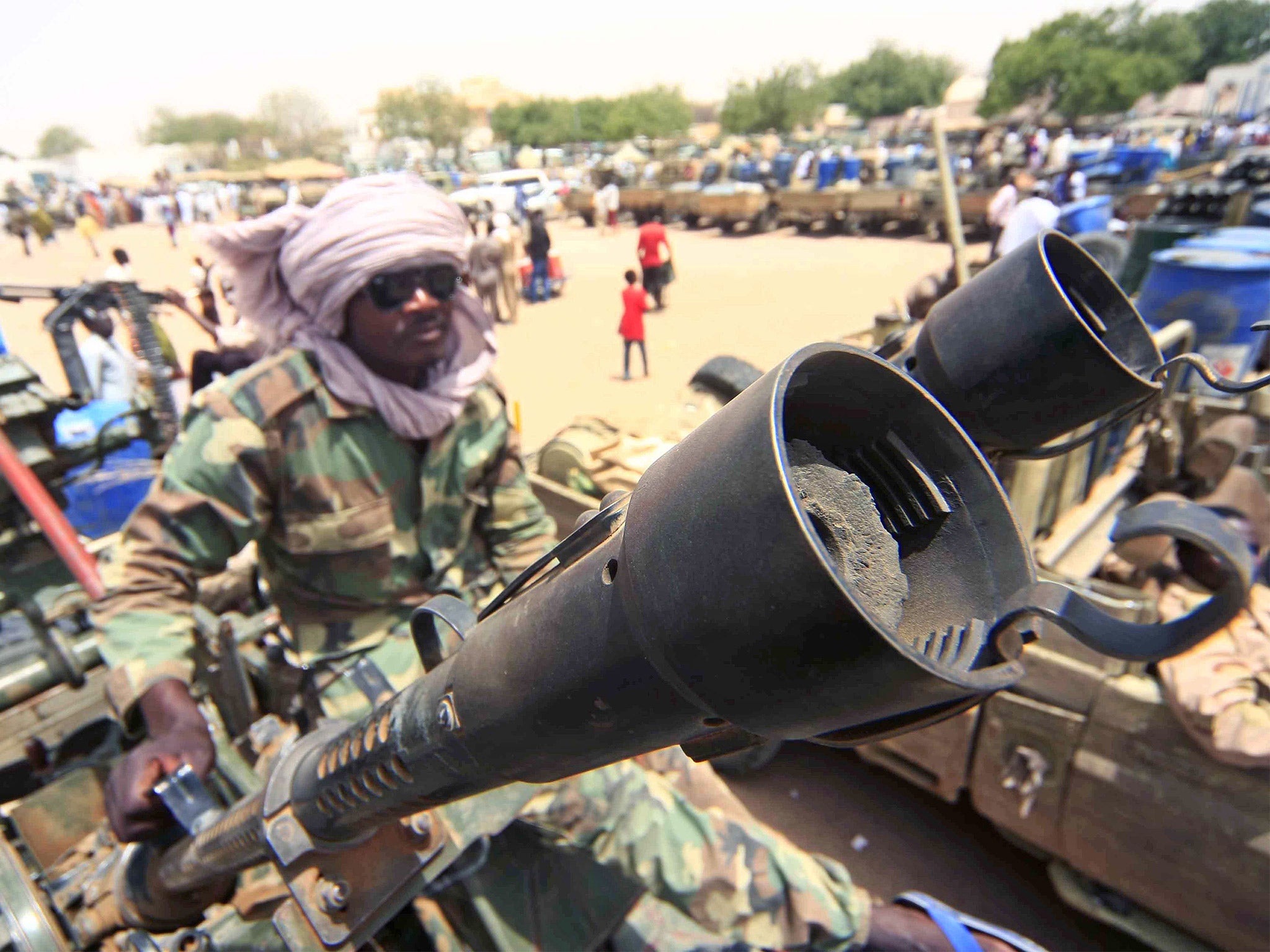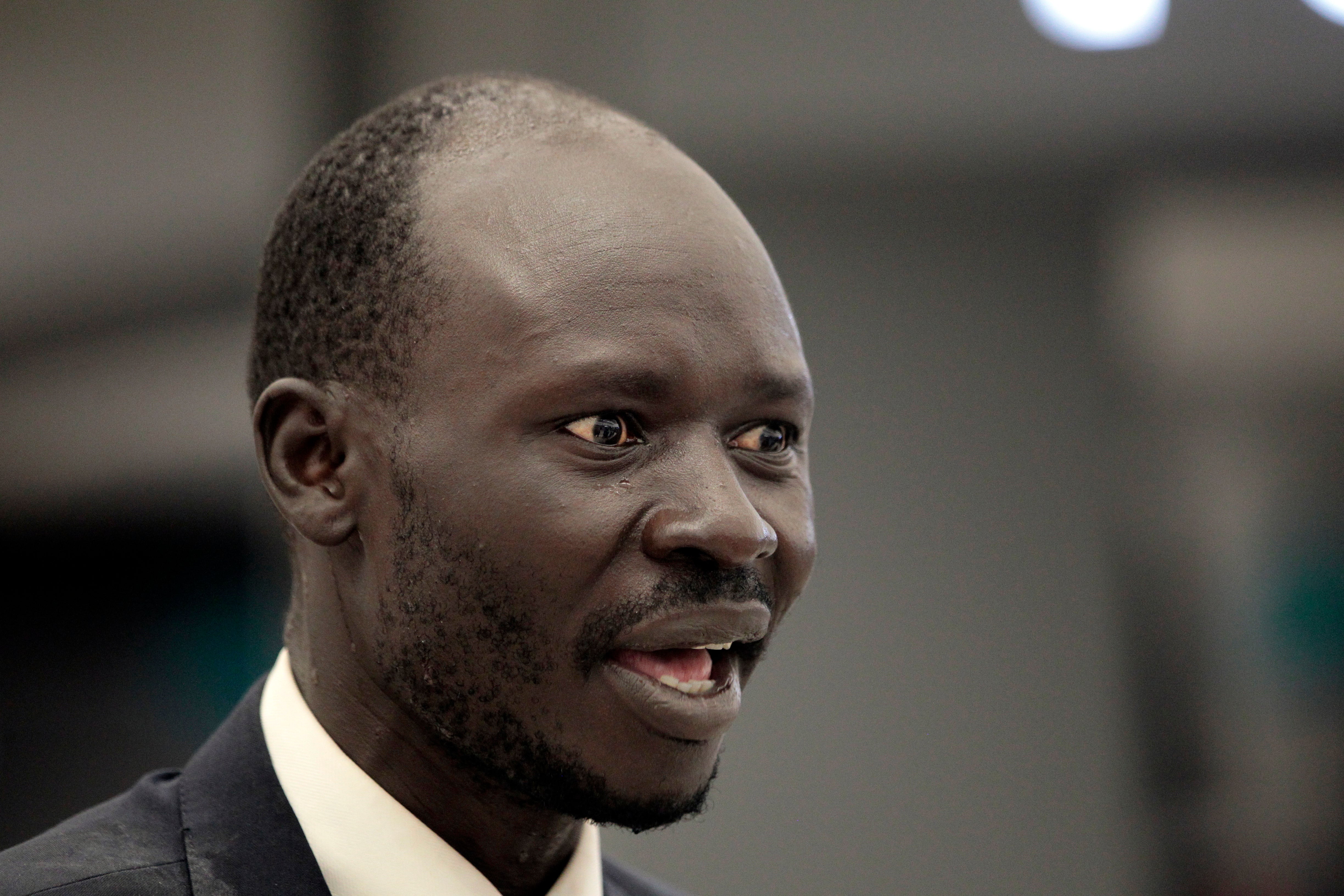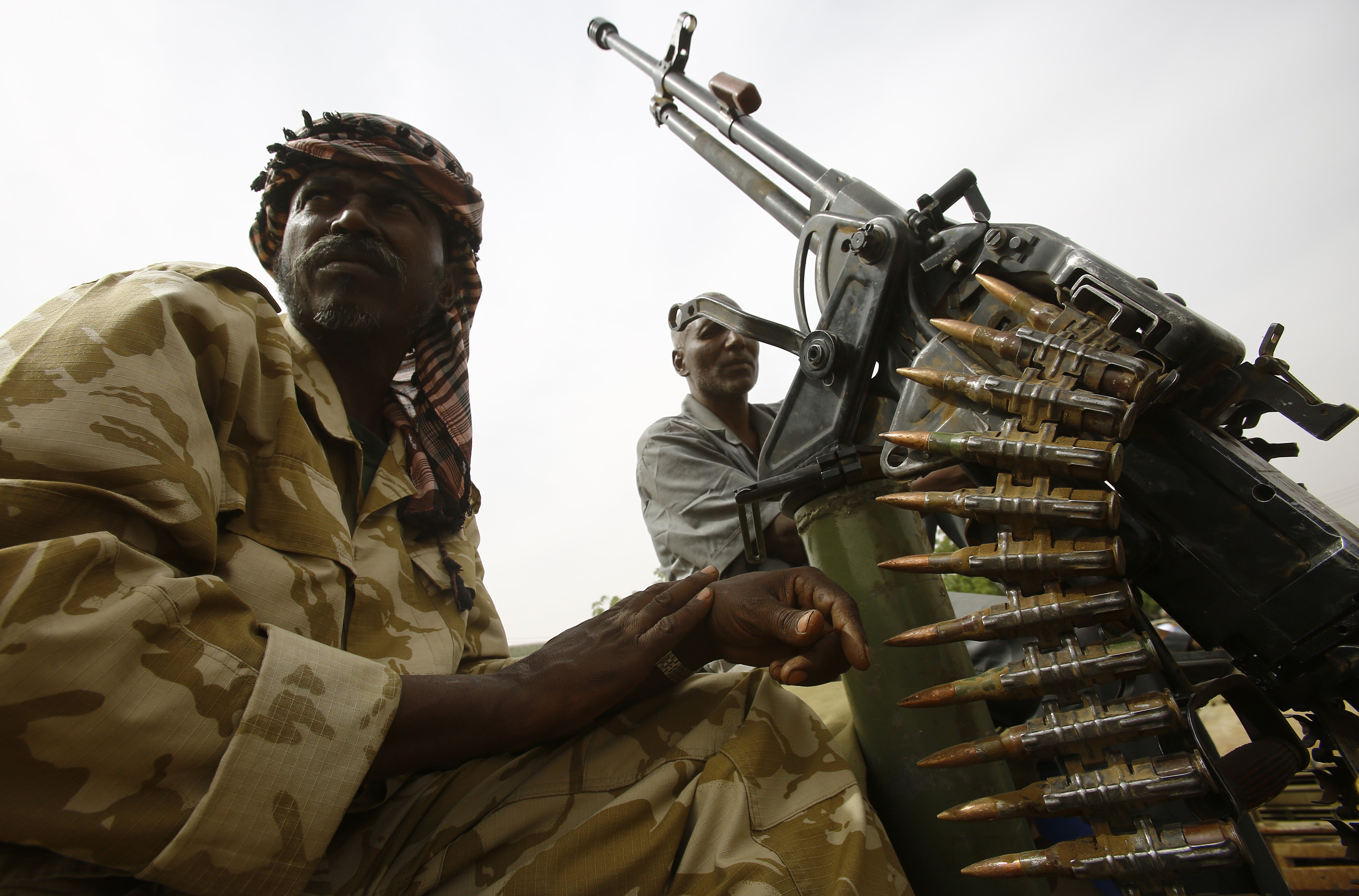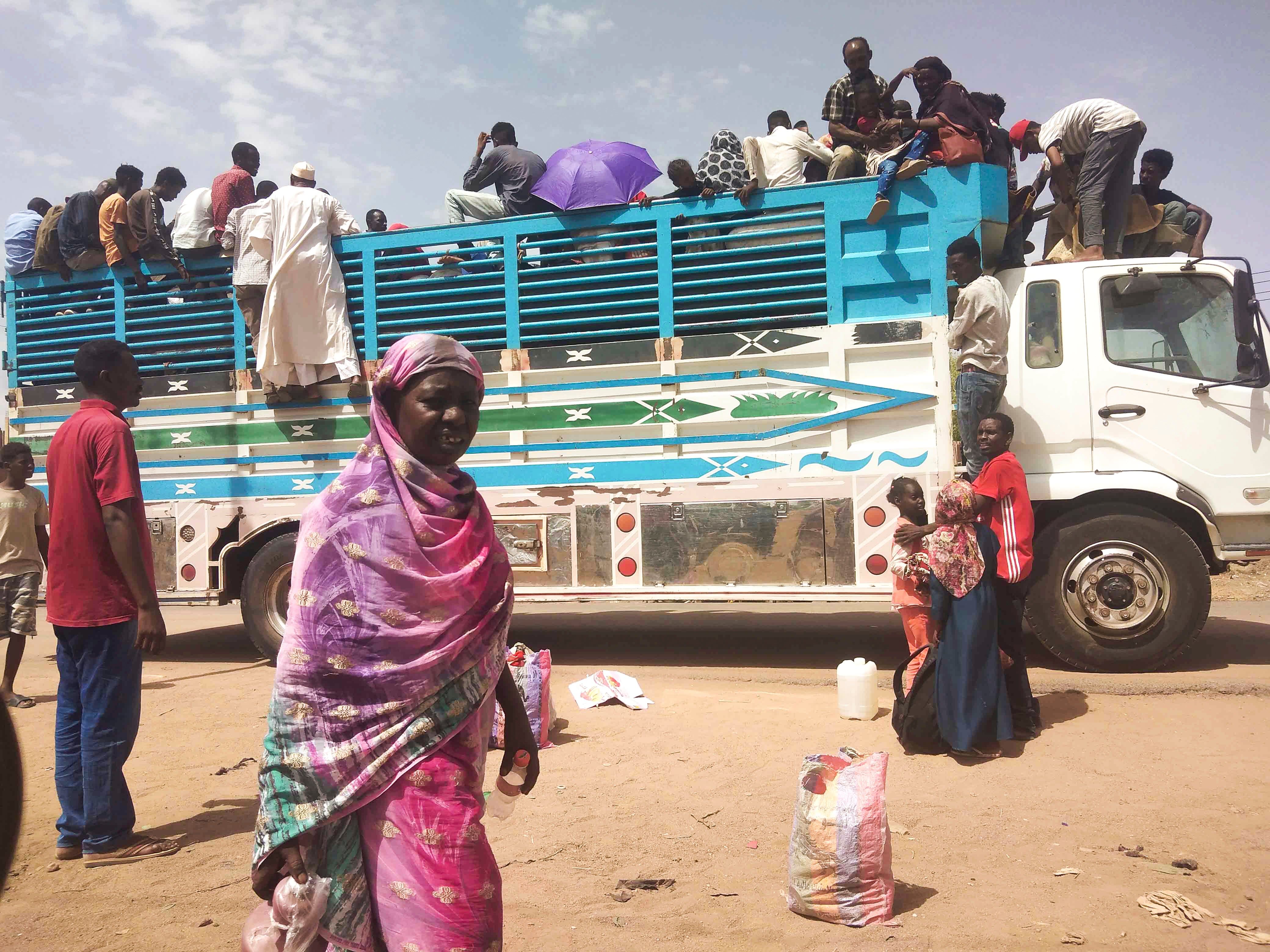US charges economist with South Sudan grenade launcher running scheme
The Justice Department allege that the defendants violated US law making it illegal to export weapons to South Sudan

US prosecutors have charged a prominent South Sudanese economist and Harvard fellow with conspiring to export Stinger missile systems, grenade launchers and automatic rifles to armed groups in South Sudan.
In a complaint unsealed this week and dated February 29, the prosecutors alleged that Peter Ajak, a former economist with the World Bank, and an associate, Abraham Chol Keech, intended to send the weapons to “opposition groups seeking to effect a non-democratic regime change in South Sudan”.
Ajak, 40, has been a fierce critic of South Sudanese President Salva Kiir’s government. He was jailed in 2018 and charged with treason.
Those charges were dropped, but he was convicted of disturbing the peace over interviews he gave to foreign media. Kiir later pardoned him.
The Justice Department alleged in the complaint that the defendants violated US law making it illegal to export weapons to South Sudan, which is subject to a U.N. arms embargo.

The country has endured years of civil war and fighting between armed groups since winning independence from Sudan in 2011.
It was not immediately clear if Ajak and Keech were represented by counsel. Ajak did not immediately respond to an emailed request for comment. Keech did not immediately respond to requests for comment sent to his social media accounts.
Between February 2023 and February 2024, Ajak and Keech tried to buy weapons from undercover law enforcement agents and smuggle them to South Sudan through a third country, according to the complaint.
As part of the alleged scheme, they agreed to an arms contract worth nearly $4 million and requested a “fake contract” that said the funds were for things like equipment related to “human rights, humanitarian, and civil engagement inside South Sudan refugee camps”, the complaint said.
Ajak fled to the United States as a child during South Sudan’s independence war. He is currently a non-resident fellow at the Harvard Kennedy School’s Belfer Center for Science and International Affairs.

On Wednesday the top UN food official warned that the conflict raging for about a year between rival generals in Sudan risks creating the world’s largest hunger crisis.
Cindy McCain, head of the World Food Programme (WFP), said the fighting in Sudan, which pits the country’s military against a paramilitary group, has shattered the lives of millions across the north-eastern African nation, while the world’s attention is focused on the Israel-Hamas conflict.
As she wrapped up a trip to neighbouring South Sudan, where hundreds of thousands of Sudanese had fled the fighting in their home country, Ms McCain said: “The war in Sudan risks triggering the world’s largest hunger crisis.”
The UN food agency said some 18 million people across Sudan face acute hunger, with the most desperate trapped behind the front lines.
Sudan plunged into chaos in mid-April when clashes erupted in the capital, Khartoum, between the country’s military, led by Gen Abdel Fattah Burhan, and paramilitaries known as Rapid Support Forces, commanded by Gen Mohammed Hamdan Dagalo.
The fighting quickly spread across the nation, especially urban areas but also the unsettled western Darfur region.
Thousands of people have been killed, including between 10,000 and 15,000 people, when paramilitary forces and allied Arab militias rampaged through a Darfur town last year.
Two decades ago, Darfur became synonymous with genocide and war crimes, particularly by the notorious Janjaweed Arab militias, against populations that identify as Central or East African.

Ms McCain said: “Twenty years ago, Darfur was the world’s largest hunger crisis and the world rallied to respond. But today, the people of Sudan have been forgotten.”
The conflict has uprooted more than 10 million people either to safer areas inside Sudan or to neighbouring countries, according to the UN agencies.
Ms McCain called for the warring parties to stop fighting and allow humanitarian agencies to provide their life-saving assistance.
“The consequences of inaction go far beyond a mother unable to feed her child and will shape the region for years to come,” she said.
Join our commenting forum
Join thought-provoking conversations, follow other Independent readers and see their replies
Comments
Bookmark popover
Removed from bookmarks